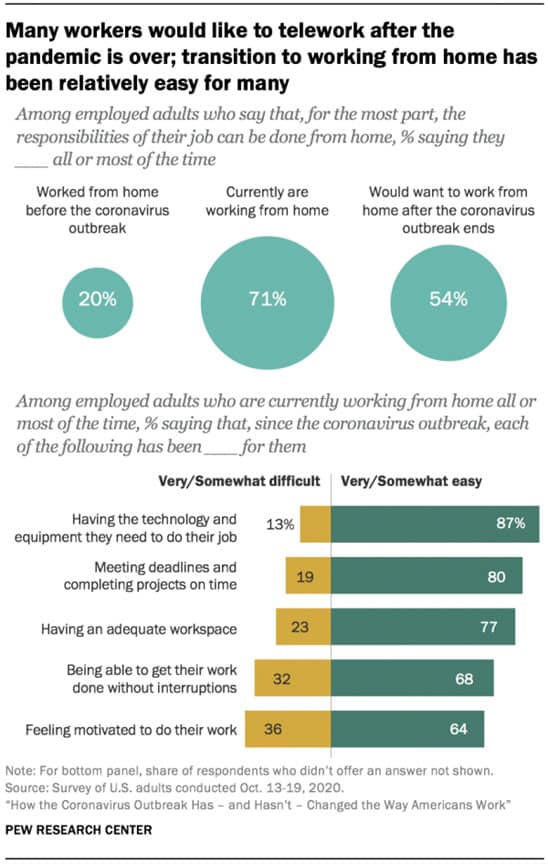Organizations
How To Prepare and Protect Your International Organization and Employees in a Crisis

As international NGOs, government contractors, military organizations, diplomats and individual professionals in foreign nations can face increased risks, preparing for a global crisis is essential to keeping your personnel safe and your organization operational. In this article, we examine key activities every organization should focus on before, during, and after a crisis takes place.
Preparing for a Crisis
Here’s how you can prepare your company and employees for a crisis before one occurs:
1. Develop a Crisis Management Plan
A crisis management plan outlines who will do what if an urgent event happens. Preparing a resource like these helps you prevent and mitigate issues while you maintain operational effectiveness. This plan acts as a comprehensive guide for everyone involved and helps leaders and team members stay calm during trouble. If you’re looking to fully develop your crisis management plan, you can use the following steps:
Identify Different Crises That Could Affect Your Organization
A few that can specifically impact global organizations include:
- Political turmoil
- Natural disasters
- Public health crises
- Financial issues
- Technology failures
Get Help from Crisis Management Experts
Consult crisis management experts to get assistance in dealing with emergencies. Official crisis management firms can provide extensive knowledge and tools for protecting your organization during different situations. For example, the team at TALA specializes in areas like strategic communications, reputation management, and relationship development. This global network has aided clients in overcoming incidents like terrorism, fires, cybercrimes, and corporate espionage.
Establish a Continuity Plan
Think about what work might need restructuring during urgent circumstances. For example, it may be necessary to cease operations on certain fronts, streamline workflows, and adjust projects and deadlines.
Ensure Staff Safety
Employees need health, safety, and operational resources to continue working effectively. If your organization has international operations, consider the struggles of both local and expatriated employees.
Will they need additional support for food and shelter? Or could they require immediate evacuation to a location away from the crisis? Providing them with the right insurance coverage can help in any of these situations.
You may also want to provide staff with additional recovery leave and implement IT processes to send out computer hardware on short notice.
Test What You Can
Consider testing your plan before a crisis happens if possible. For example, you may test remote work capabilities in advance so you can fix any bugs with the process. You could also develop drafts for emergency communications so you could send them out right away if needed.
Update Crisis Response Plans Regularly
You’ll have to customize your crisis management plan to your organization’s specific mission and needs. Revisit, revise, and add to the procedure routinely to keep it up to date with new information, resources, and technologies available.
2. Keep Your Staff and Organization Safe and Operational
One of the most effective ways to prepare for and manage risk and protect your employees and organization in a crisis is to invest in appropriate insurance solutions:
Protecting Staff
Consider the risks your staff could face abroad. Do natural disasters frequently occur in the location they’re in? Is the local government experiencing political tension? How do residents feel about your organization being there? Are your employees at risk of contracting diseases there?
Here are some high-risk situations where insurance coverage may save your organization thousands of dollars or more out of pocket:
- Work-related injuries
- Targeted violence
- Health issues
- Kidnap and ransom
Solutions such as Personal Accident and Group Medical coverage can insure against the situations listed above. However, it’s important to ensure political risk, violence, war, and terrorism coverage are also included, especially when you’re operating in challenging locations.
Protecting Your Organization
Assess the risks to your business, income streams, and assets. Here are some situations that can impact your operations:
To protect your organization, consider investing in business interruption and commercial property insurance. If damage occurs to the commercial property of your organization and impacts operations, this plan covers fixed costs like salaries, rent, and losses in profits and revenues. By protecting your finances, your business can remain up and running after a crisis ends.
3. Establish Protocols for Working Remotely

Global and local crises can hinder employees from working in person. For example, airborne viruses can make it unsafe for employees to gather with others. Rioting and looting near the workplace can make commuting to work hazardous. Climate events like wildfires or heat waves can make it unsafe to venture outside.
If possible, it’s beneficial when organizations can make it easier for employees to work remotely. This may involve providing work laptops and equipment, investing in video conferencing software, and implementing new communication protocols.
A study done by the Pew Research Center in 2020 shows just how significant remote work was during the COVID-19 pandemic. Of the employees interviewed, only 20% worked from home before the pandemic. Afterward, a whopping 71% of employees were working from home all or most of the time.

The study also shows that most remote employees view online tools as good substitutes for in-person communication. Clearly, with strong work-from-home capabilities, businesses can prepare for unprecedented global crises.
Withstanding a Crisis
Crises can test the strength of your business systems and capacities. Follow these strategies to remain operational during a crisis:
1. Communicate Effectively and Promptly

During a crisis, clearly and promptly communicate relevant crisis processes to employees. In addition, many employees may be wondering about job security. If layoffs become necessary, inform employees ASAP so they can start making plans.
This is also a good time to reach out to clients and other public audiences. Being proactive after a crisis can demonstrate to stakeholders that your organization is committed to its mission. Consider publishing statements on your website that acknowledge the situation, describe how you’re handling it, and emphasize your organization’s values and goals.
2. Gain, Review, and Apply Employee Feedback
Use surveys to understand what your employees need and answer their questions about the situation. Review employee feedback carefully so you can fix issues and make effective business decisions.
3. Secure Additional Funds and Resources
Check the websites of federal government organizations and private foundations to see what support resources are available . You can also apply for grants or loans to gain funding for your operations. If you have the right insurance coverage, you may be eligible for financial assistance through additional funds from your crisis management expert.
Recovering from a Crisis
Even after things have improved, assessing organizational conditions and the mood of your employees is crucial. Here’s what you can do to maintain business functionality and calm people’s nerves:
1. Evaluate the Success of Your Crisis Management Plan

Evaluate the success of your crisis management response. Were you able to maintain operational effectiveness during the crisis? What were your insurable losses? Did employees have the tools to remain productive, even from home? Measuring the impact the crisis had on your organization can give you a valuable perspective on what areas of the crisis management plan may need improvement.
2. Improve Your Crisis Management Strategies
When you evaluate the success of your crisis management plan, you can gain an understanding of what you should improve. Adjust and communicate those changes to all stakeholders involved. You may focus on topics like reducing expenses, improving communication methods, or delivering essential supplies during global disasters.
3. Communicate Next Steps to Your Employees
After a catastrophe, try cultivating a sense of normalcy. Give employees a positive, hopeful vision of your organization’s future. Reiterate your organization’s mission and celebrate the accomplishments your employees made during the crisis. You should also emphasize what to expect moving forward. This can enable everyone to approach future obstacles with determination and confidence.
Partner With a Reliable Provider of Global Insurance Solutions
Insurance is a means of proactively protecting your organization and staff. Clements Worldwide is a trusted provider of reliable, comprehensive global insurance solutions to:
- NGOs and nonprofits
- Government contractors
- International schools
- Corporate relocation
- Other organizations operating abroad
- Individual expatriates
Whether you’re about to travel internationally or you’re already in foreign lands, we’re here to help you in any way we can. Please feel free to contact us with questions about what we offer or how we can assist you with crisis management.
Relevant Helpful Resources
Find tips, trends, and perspectives to help you confidently make decisions and navigate challenges internationally with peace of mind. Read how you can live, operate, and manage risks abroad.
International NGO Recruitment Strategies: Attract & Retain the Top Nonprofit Employees
How NGOs Can Hire for Impact and Build a Committed Workforce
Minimizing Risk, Maximizing Impact: Critical Insurance Coverages for NGOs
When you’re running an international nonprofit or NGO of any size, the nonprofit
International Group Personal Accident Insurance: When DBA Coverage is Not Enough
Created and reviewed by the Commercial Insurance and Underwriting experts at